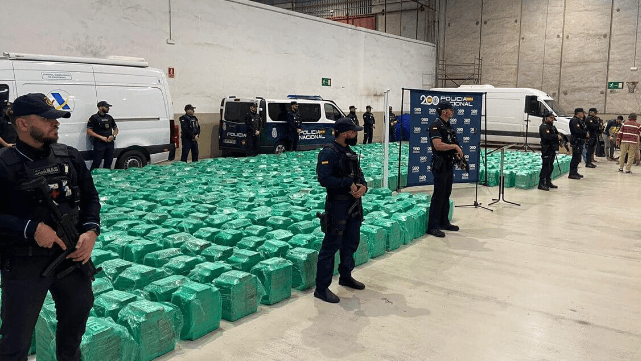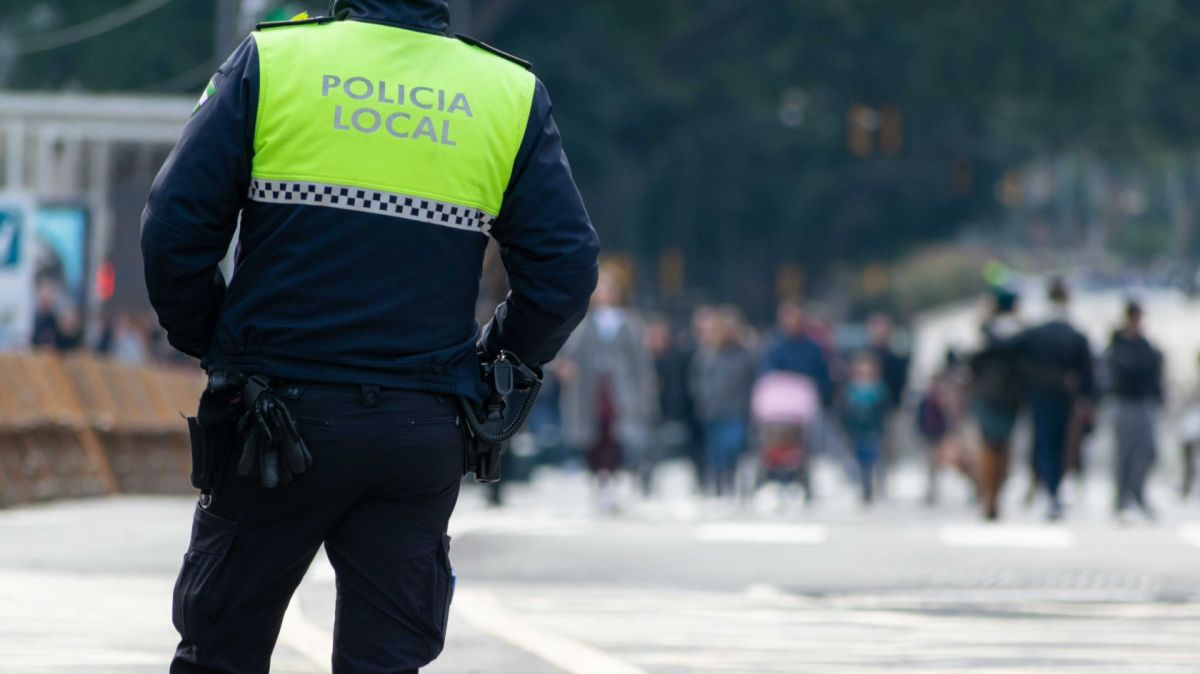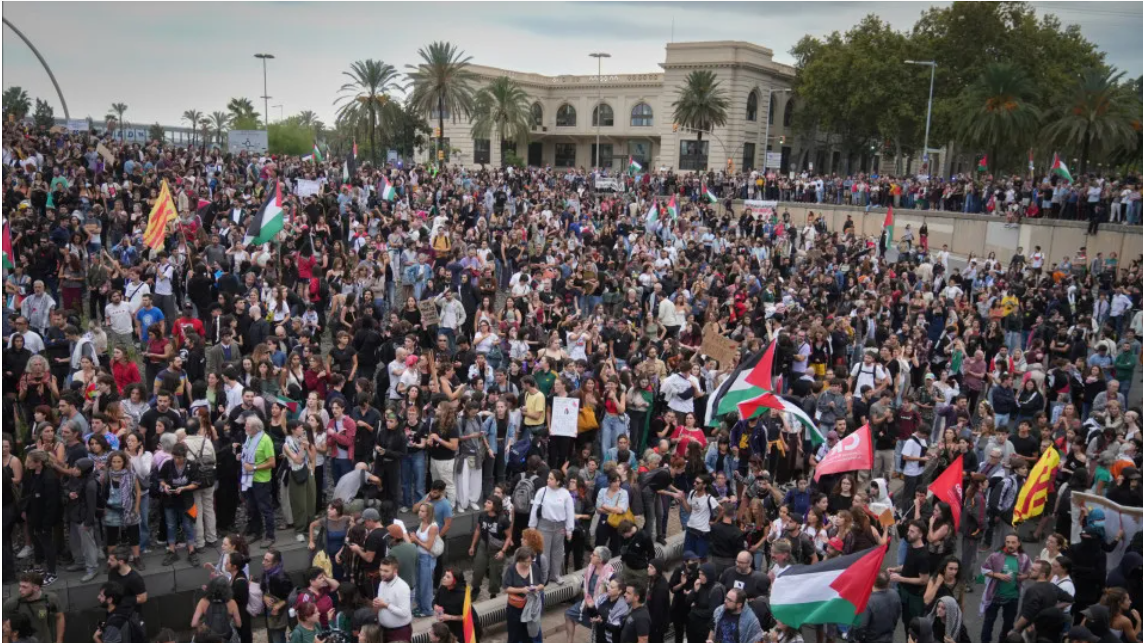During the investigation, which included the collaboration of the Judiciary Police (PJ) and the GNR, 278 kilos of cocaine and 3,831 kilos of hashish, 180 cannabis plants, 500 thousand euros in cash, and “several weapons of war”.
“51 bank accounts, five properties, 23 motor vehicles and one vessel” were also seized and frozen.
Thirty-one people were arrested by the Guardia Civil, in the Spanish cities of Huelva (25), Seville (2), Algeciras (2), Granada (1) and Málaga (1). The arrests took place as part of operations Linked and Ecolinked.
The detainees are suspected of crimes “against public health, belonging to a criminal organization, possession and carrying of weapons and storage of weapons of war, money laundering, smuggling, document forgery, receiving and stealing a motor vehicle”.
“Both investigations began with information about the existence of a very active criminal organization, with links in Colombia, Panama and Portugal, dedicated to the introduction of cocaine and cannabis resin (hashish) from Latin America and West Africa, both by sea, through the use of containers, sailboats and high-speed vessels, and by air, through the use of recreational or private aircraft”, says the Guardia Civil in a statement.
The organization would be able to implement “six cocaine introduction operations simultaneously”, either “through various ports located in Europe”, or using pleasure boats and speedboats on the coasts of Portugal and Spain.
In addition to the PJ and the GNR, the operations, directed by the Huelva Court of Instruction, had the collaboration of authorities from Colombia, Panama, the United States of America, the United Kingdom and France, as well as Europol.
Portugal was, in addition to Spain, one of the countries where there were field operations on the suspects, alongside Colombia, Guyana, Panama and France.
















